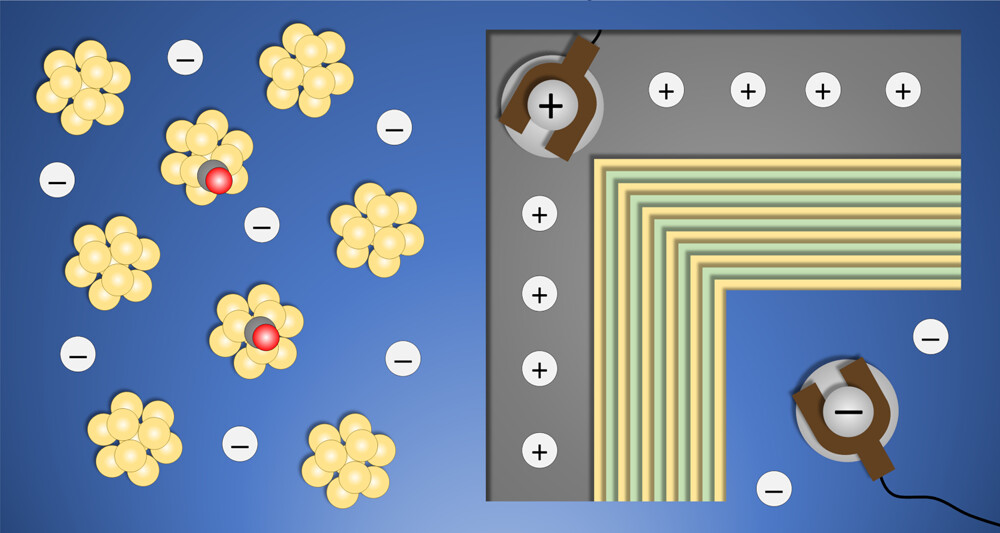
Alumina–Titania Nanolaminate Condensers for Hot Programmable Catalysis
Abstract:
Nanolaminates composed of thin alternating layers of Al2O3 and TiO2 (ATO) were engineered by using atomic layer deposition as the dielectric material for a Pt-on-carbon catalytic condenser. Investigation assessed synthesis parameters including the deposition temperature, Al2O3 and TiO2layer thicknesses, total number of layers, and a capping Al2O3 layer on the maximum charge accumulation in the Pt catalyst.
Continue Reading Alumina–Titania Nanolaminate Condensers for Hot Programmable Catalysis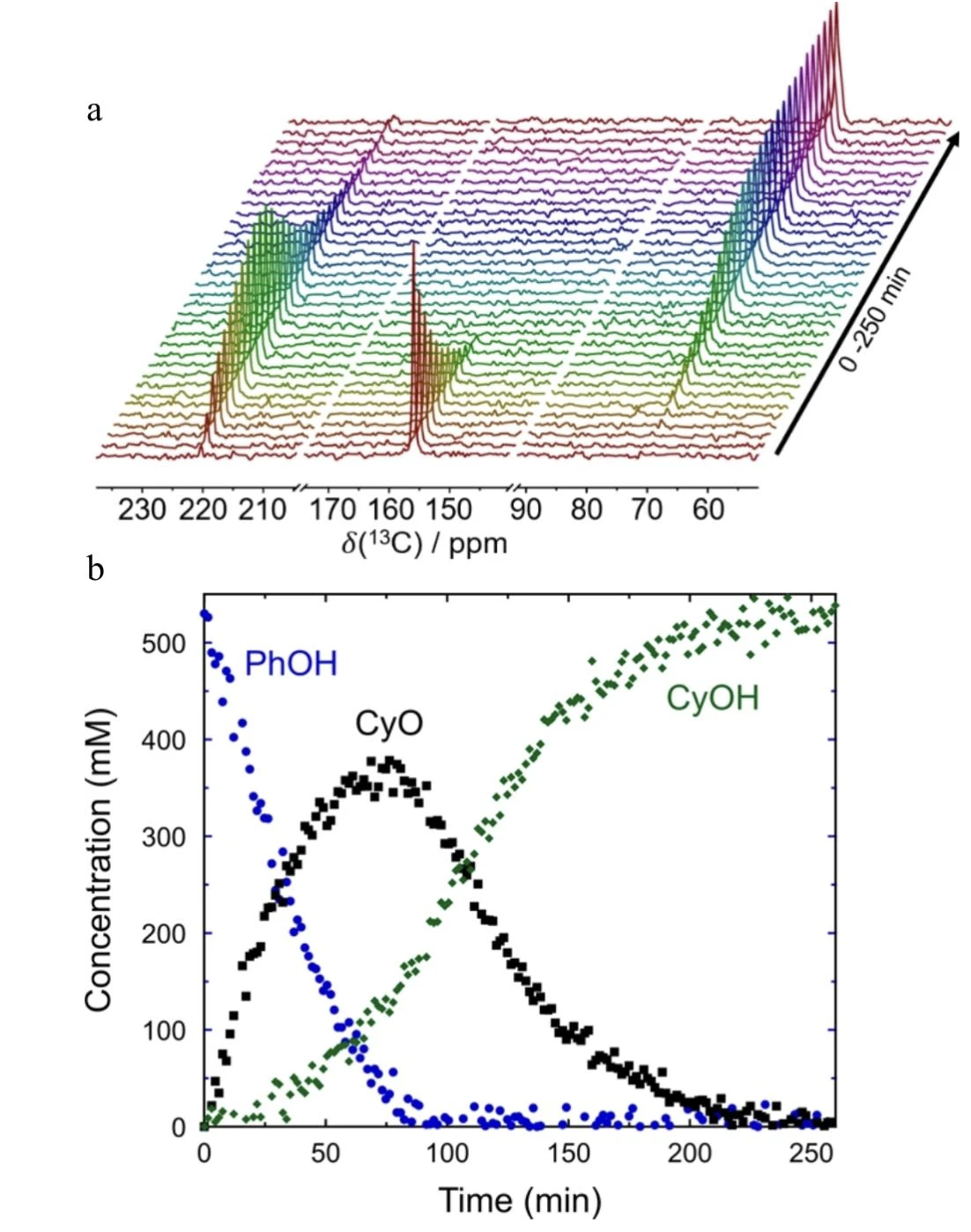
Enhancing Phenol Adsorption on Hydrophobic Pd/SiO2 to Achieve Faster and More Selective Hydrogenation
For more details and to read the paper, https://doi.org/10.1007/s11244-023-01851-2
Continue Reading Enhancing Phenol Adsorption on Hydrophobic Pd/SiO2 to Achieve Faster and More Selective Hydrogenation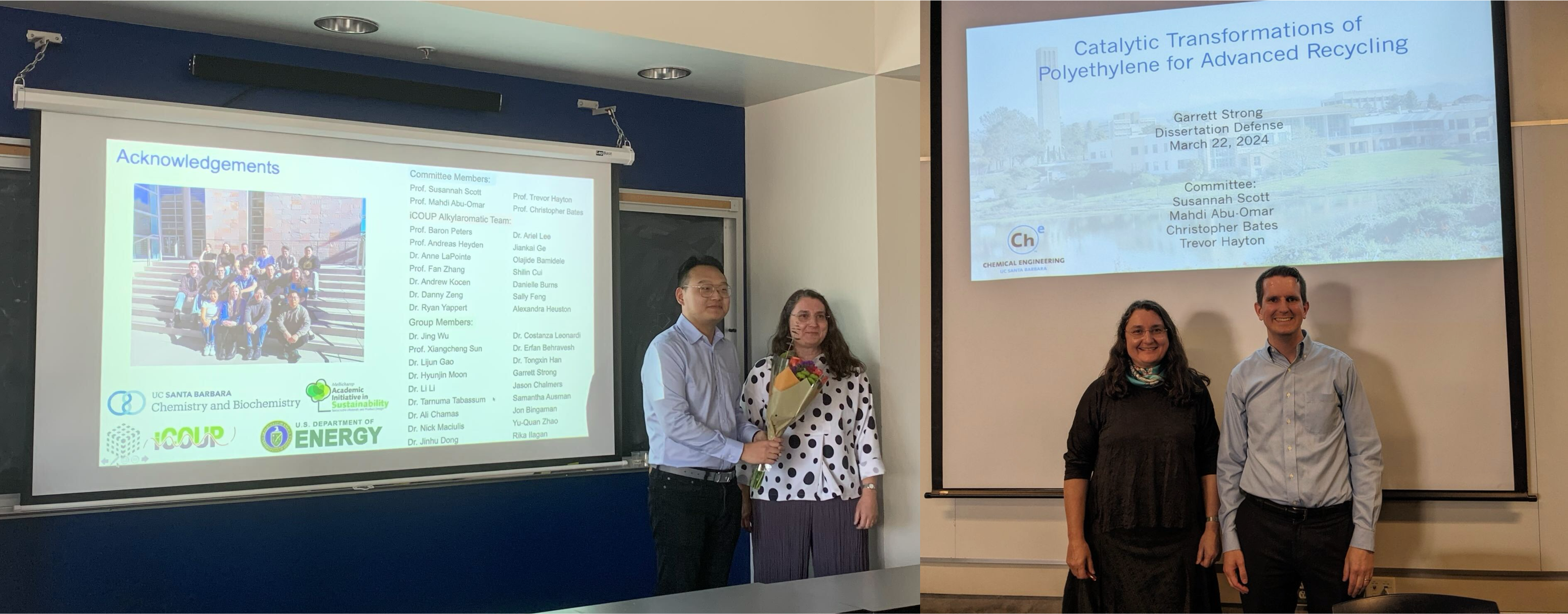
Congratulations to Dr. Jiakai Sun and Dr. Garrett Strong on Your Successful Ph.D Defenses!
A big congratulations to Garrett and Jiakai on their Ph.D defenses!
Garrett will be taking a position at Dow Chemical Company and Jiakai at Zhejiang Research Institute of Chemical Industry.
Continue Reading Congratulations to Dr. Jiakai Sun and Dr. Garrett Strong on Your Successful Ph.D Defenses!
Reimagining the Value of Single Use Plastics
Recent publication from the Scott Group demonstrates improvement in their innovative process that turns polyolefins into high-value alkylaromatics.
In the original process of turning polyethylene into long chain alkylaromatics, the platinum on alumina catalyst was slow and the yield of products low. In the improved process, the speed and selectivity of the reaction is enhanced by increasing the acidity of the alumina via the addition of chlorine or fluorine.
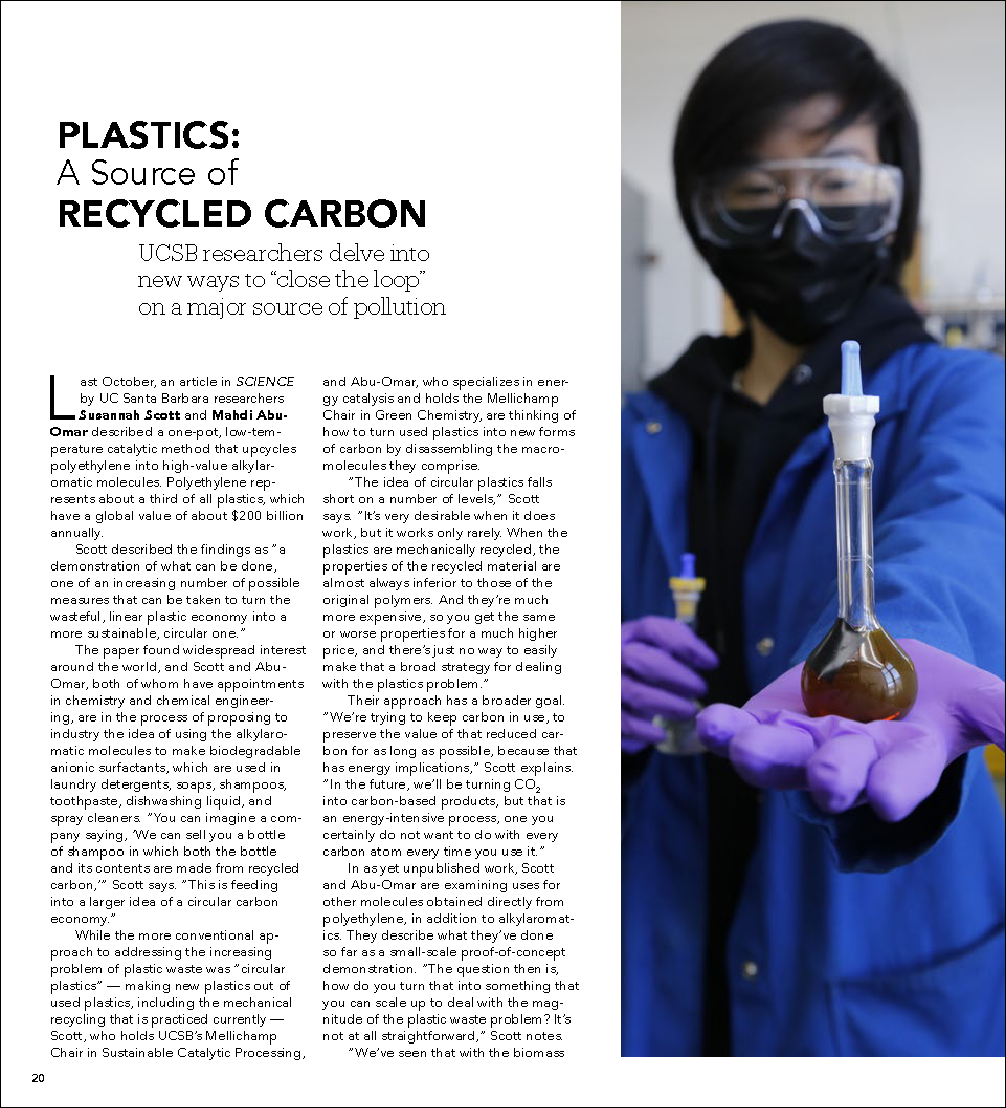
Dr. Scott Covered in UCSB's Engineering Magazine
Dr. Susannah Scott's work with plastics and pollution is highlighted in Convergence, a UCSB Engineering Department Magazine.
Last October, an article in SCIENCE by UC Santa Barbara researchers Susannah Scott and Mahdi Abu- Omar described a one-pot, low-temperature catalytic method that upcycles polyethylene into high-value alkylaromatic molecules. Polyethylene represents about a third of all plastics, which have a global value of about $200 billion annually.
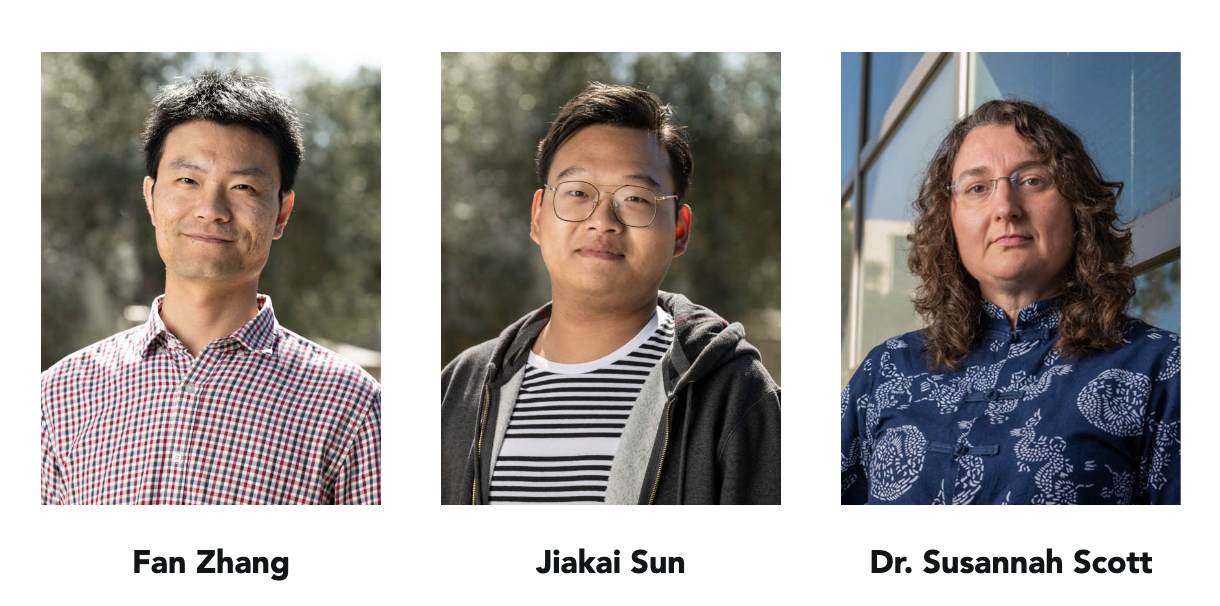
The Scott Group Publishes New Findings in Science
Researchers develop an efficient, low-energy method for upcycling plastic waste into valuable molecules, creating a second life for waste plastics.
UCSB researchers have discovered a new catalytic route to transform waste plastic to valuable products via tandem hydrogenolysis/aromatization. Compared with conventional methods that require high temperatures (between 500 and 1000°C) to break down the polymer chains into smaller hydrocarbon molecules, the newly developed method converts polyethylene under relatively mild conditions (ca.
Continue Reading The Scott Group Publishes New Findings in Science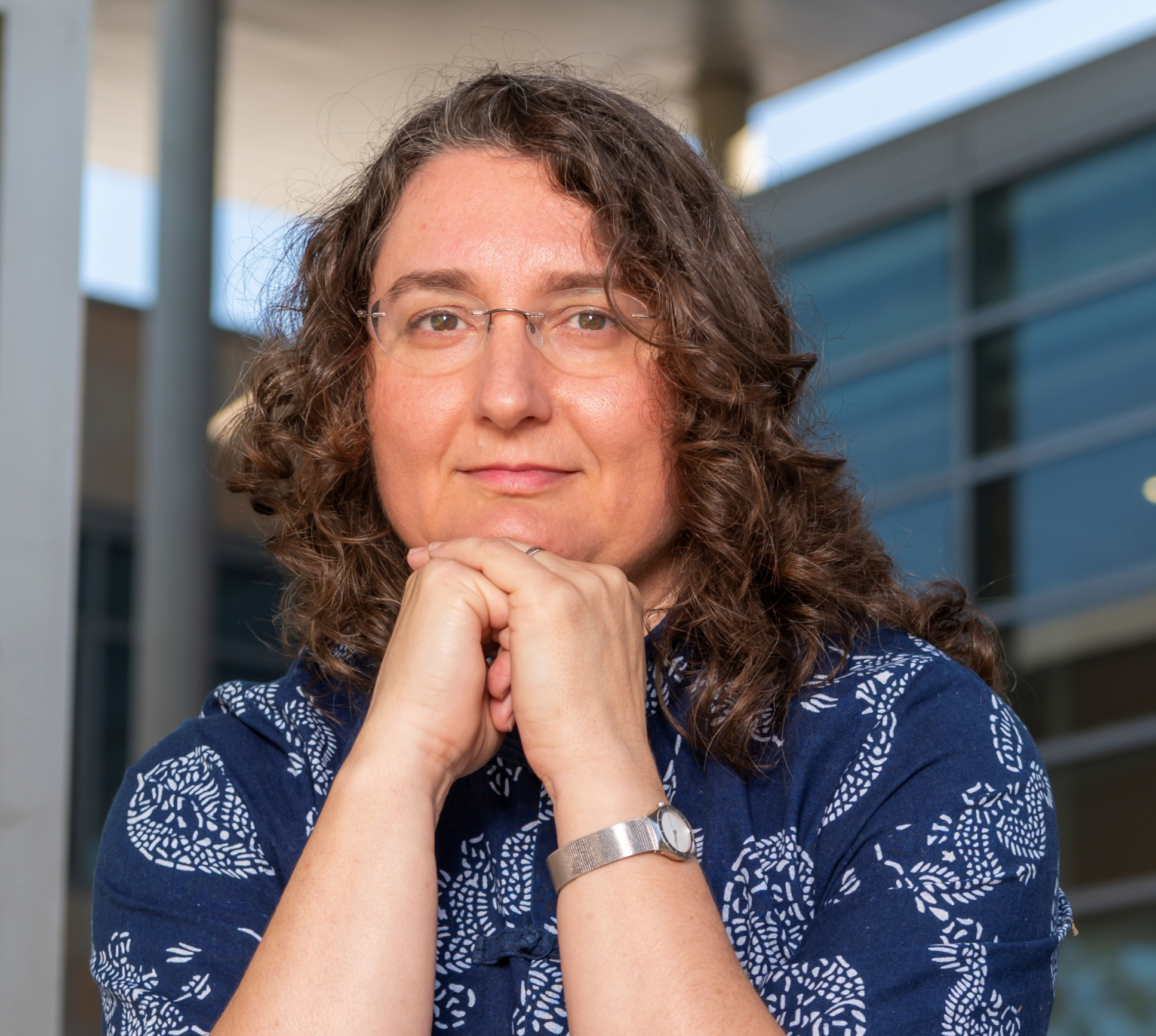
NAS Science Session: New Approaches to Solving the Plastics Dilemma (Featuring: Susannah Scott)
NAS 157th Annual Meeting: ONLINE PUBLIC PROGRAM and WATCH THE RECORDING
Continue Reading NAS Science Session: New Approaches to Solving the Plastics Dilemma (Featuring: Susannah Scott)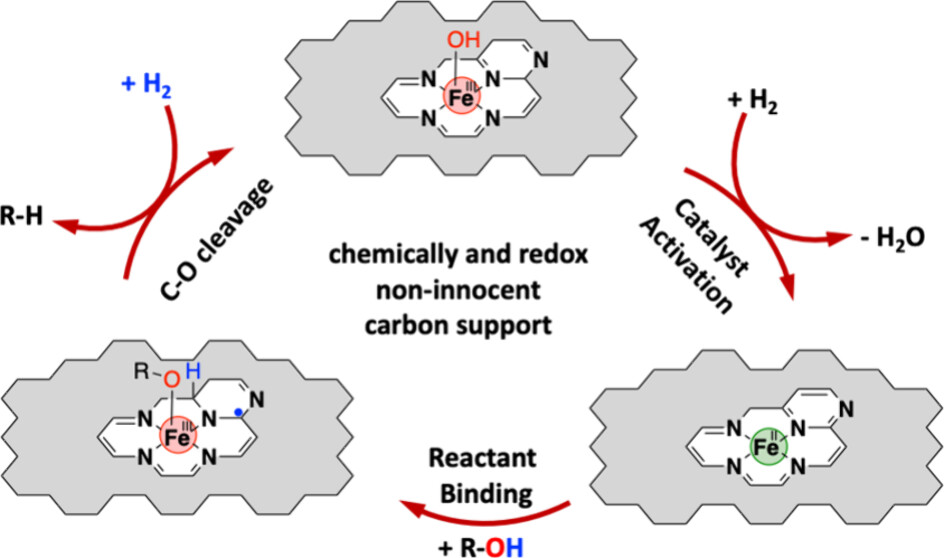
Catalytic Hydrogenolysis by Atomically Dispersed Iron Sites Embedded in Chemically and Redox Non-innocent N-Doped Carbon
For more details and to read the paper, https://pubs.acs.org/doi/full/10.1021/jacs.4c00741
Continue Reading Catalytic Hydrogenolysis by Atomically Dispersed Iron Sites Embedded in Chemically and Redox Non-innocent N-Doped CarbonIn the Press
To find a complete list of news articles about the Scott Group's new findings, please visit Science's Altmetric page.